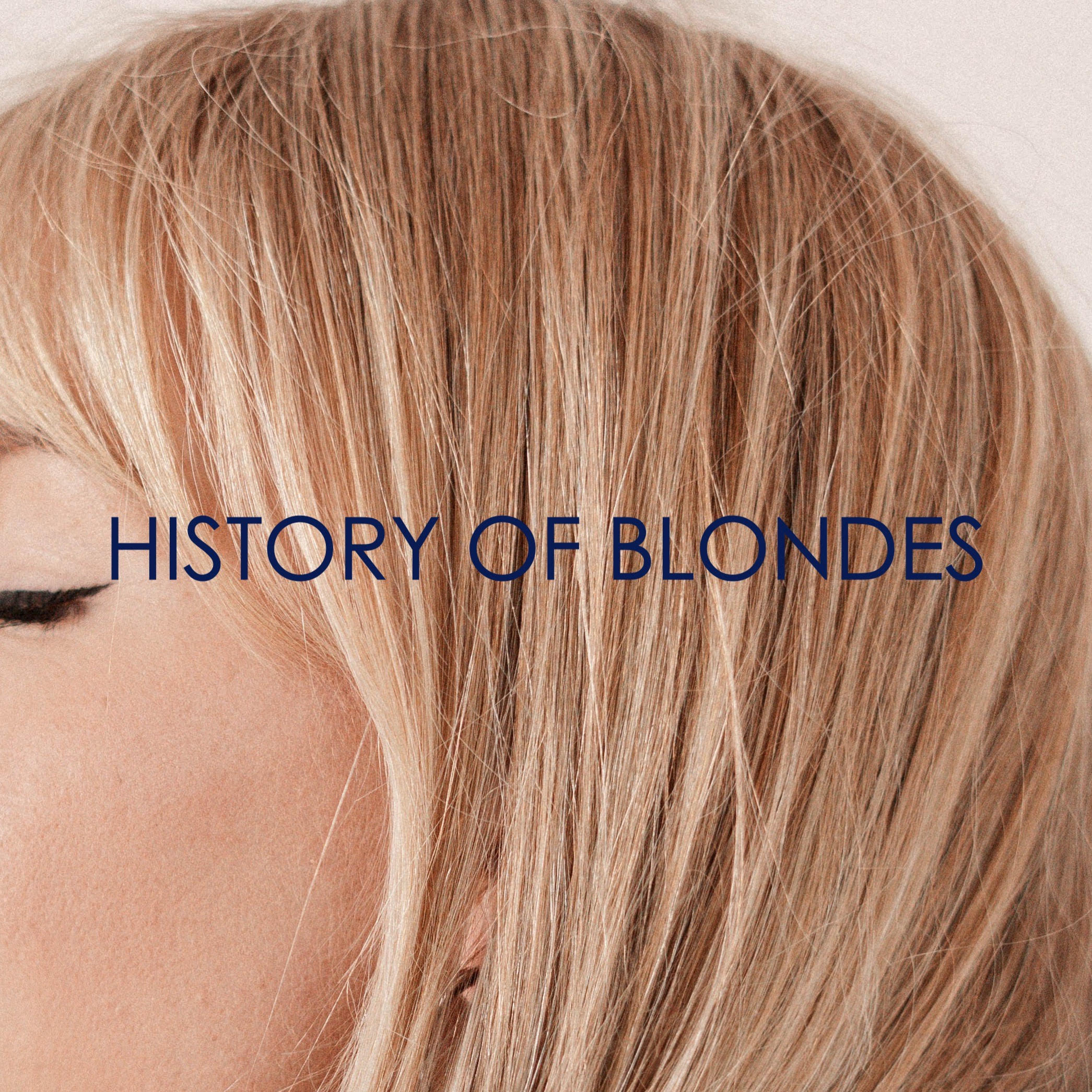
A Brief History of Blondes
Perhaps no other hair color has such an iconic catchphrase than blondes, “having more fun.” For today, let us entertain what gives blondes their iconic status in Hollywood, history, and beyond. According to NBC News, some scientists believe all people had black hair after evolving in Africa and migrating to Europe. Studies suggest that the hair color gene MC1R developed variations that produced a variety of hues similar to another genetic variation OCA2 that diversified eye color simultaneously. Some say the lighter colors in hair, skin, and eye to have been evolutionarily developed to help people in Europe absorb light and Vitamin D better, especially where the sun shines less. Although it’s hard to be 100% accurate not having lived 10,000 to 15,000 years ago, there certainly is something special about blondes.
We’ve all heard the phrase “blonde bombshell,” but do you know where it came from? They coined the phrase at the inception of Hollywood’s fascination with blondes in 1933. One of Hollywood’s biggest stars, the iconic platinum blonde Jean Harlow, starred in Bombshell. The film was promoted with the line “lovely, luscious, exotic Jean Harlow as the Blonde Bombshell of filmdom.”
In mythology, blondes’ first appearance was 11,000 years ago with two of the Norse, or Scandinavian, goddesses, Sif and Freyja. Freyja was the goddess of beauty, love, and fertility. With blonde hair and blue eyes, she was one of the most admired goddesses for her beauty. Sif, also was blonde and the wife of God Thor, often described as one of the most beautiful women. Eleanor of Aquitaine was one of the most powerful women in the middle ages and also a blonde. She pioneered many ideals of romance and chivalry across Europe.
It’s clear to see throughout history, blondes tell a tale of evolution and wonder. Historically, blondes tell a tale of evolution and beauty. One of the original trendsetters that brought blonde hair back into popularity in the 18th century was blonde-haired Marie Antoinette. During this time, the stereotype about blondes being ditzy also occurred with the infamous Courtesan Rosalie Duthe, known for her beauty and her lack of intelligence. Today, blondes still encounter this stereotype. Anyone who’s seen Ms. Elle Woods slay the courtroom knows the stereotypes couldn’t be further from the truth!
Inventor, scientist, physicist, and chemist Marie Curie, who discovered polonium and radium, was a natural blonde and might be the ultimate in debunking the stereotype. In 1903, Marie and her husband were awarded the Nobel Prize for Physics for discovering radioactivity. We use radioactivity today to benefit humankind in medicine, academia, generating electricity, and more.
Eupedia sources the highest percentage of natural blondes are in Norway, Sweden, Denmark, Iceland, and Finland, but did you know only 3% of people in the world are natural blondes? In America, one in three women lightens their hair to be blonde. Thanks to OLAPLEX, many salon-born blondes are causing double-takes with hair so healthy the blonde could be natural!
From discoveries, mythology to royalty, and Hollywood, blondes have their place in history not as the stereotypes dissolving today but as true adaptive, resilient, influential icons.
